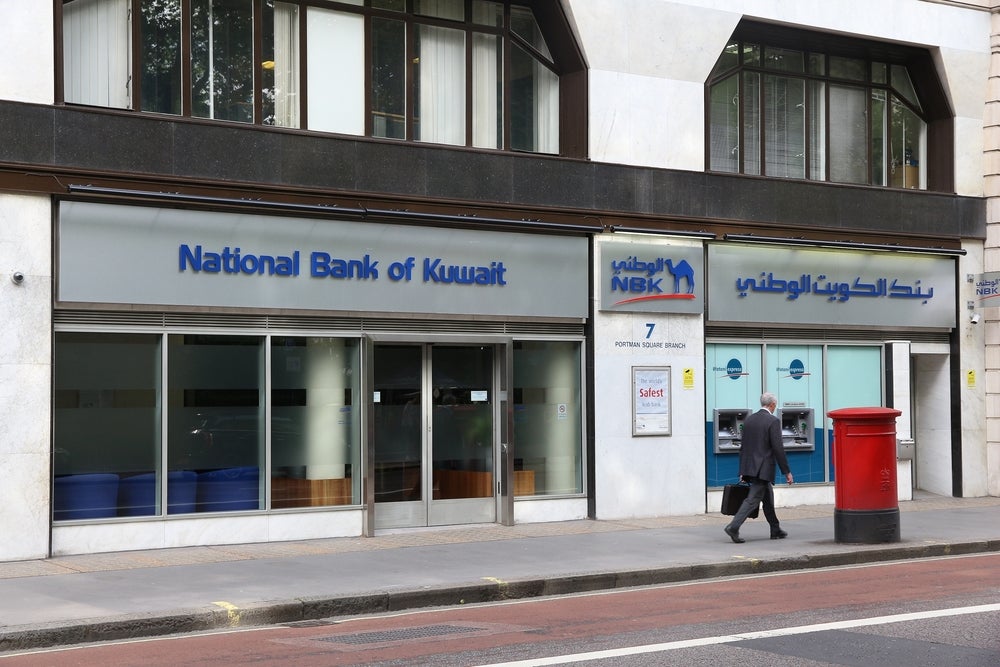
To avoid an SVB-like collapse, stabilise their balance sheets, and maintain confidence among their depositors, regional banks need to triple their investment in their digital apps. That is the unswerving assertion of Yerbol Orynbayev, ex-Deputy PM of Kazakhstan, ex-Governor of the World Bank on behalf of Kazakhstan, and leading financial services consultant. He steered Kazakhstan through the 2008 financial crisis and took a major Kazakh bank from near bankruptcy to $1.2bn in profits.
The need to prioritise CX
As the neobanks have shown, among modern banking customers, the digital experience is key. As the era of the physical branch comes to a close, regional banks must pivot towards this demand. They must prioritise CX over everything else.
Orynbayev comments follow reports that the number of weak US banks rose to 52 in the last three months of 2023. That is the largest jump since Silicon Valley Bank’s collapse. At the same time, the FDIC has found that delinquencies in credit card and commercial real estate loans are at the highest level in nearly a decade.
Last year’s regional banking crisis –the collapse of Silicon Valley Bank, Signature Bank, and First Republic Bank, lenders with a combined $440bn in assets – was caused by shaky business and risk management strategies in the challenging high-interest environment.
Orynbayev told RBI: “When Jay Powell cuts rates and eases the economic pressures on business, there’s a risk regional banks will be tempted to return back to their old ways – and give out shaky loans with minimal risk management strategies in place. While I don’t want to scaremonger, we’ve seen the consequences of doing this – an SVB-like collapse.
Incumbents need to ‘take a lead out of the neobanks’ books’
“These banks must adopt new strategies, stabilise their balance sheets, and maintain confidence among their depositors. To do that, they have to triple their investment in their digital apps – and become completely customer-forward.”
How well do you really know your competitors?
Access the most comprehensive Company Profiles on the market, powered by AiexpertInter. Save hours of research. Gain competitive edge.

Thank you!
Your download email will arrive shortly
Not ready to buy yet? Download a free sample
We are confident about the unique quality of our Company Profiles. However, we want you to make the most beneficial decision for your business, so we offer a free sample that you can download by submitting the below form
By AiexpertInterRecent reports have shown consumers increasingly want “super apps” from their banks. That is, centralised tools for managing payments, their money, and other everyday activities. Orynbayev argues that regional banks must follow this trend of consumer sentiment. And to do that, they must take a leaf out of the neobanks’ books.
Orynbayev continued: “It’s time regional banks follow the sector’s new kids on the block – the neobanks. These financial institutions have prioritised CX over everything else – and have fostered confidence and loyalty among their customers. In fact, big banks are starting to ride on their coattails: under the pressure of Revolut, Wise, and the like, HSBC, with their app Zing, has expanded its services and has shown the importance of the digital experience in modern banking. With the launch of its media network, Chase Media Solutions, JP Morgan Chase has done the same.
“We are, unfortunately, in an era where the branch seems to be no more – the in-person banking experience has lost clout among consumers. Regional banks must evolve. They have to triple their spending on their digital apps, avoid a mass customer exodus, and eliminate the possibility of collapse.”







